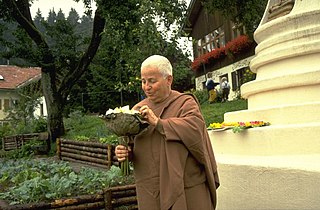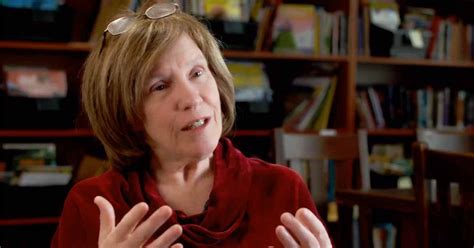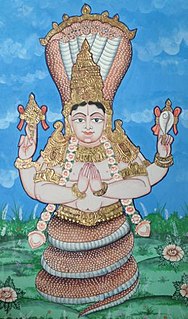A Quote by Gautama Buddha
"All conditioned things are impermanent" - when one sees this with wisdom, one turns away from suffering.
Related Quotes
Real wisdom is recognizing and accepting that every experience is impermanent. With this insight you will not be overwhelmed by ups and downs. And when you are able to maintain an inner balance, you can choose to act in ways that will create happiness for you and for others. Living each moment happily with an equanimous mind, you will surely progress toward the ultimate goal of liberation from all suffering.
Jesus lost all his glory so that we could be clothed in it. He was shut out so we could get access. He was bound, nailed, so that we could be free. He was cast out so we could approach. And Jesus took away the only kind of suffering that can really destroy you: that is being cast away from God. He took so that now all suffering that comes into your life will only make you great. A lump of coal under pressure becomes a diamond. And the suffering of a person in Christ only turns you into somebody gorgeous.
Once we see that everything is impermanent and ungraspable and that we create a huge amount of suffering if we are attached to things staying the same, we realize that relaxing and letting go is a wiser way to live. Letting go does not mean not caring about things. It means caring about them in a flexible and wise way.
If you want to understand suffering you must look into the situation at hand. The teachings say that wherever a problem arises it must be settled right there. Where suffering lies is right where non-suffering will arise, it ceases at the place where it arises. If suffering arises you must contemplate right there, you don't have to run away. You should settle the issue right there. One who runs away from suffering out of fear is the most foolish person of all. He will simply increases his stupidity endlessly.





























